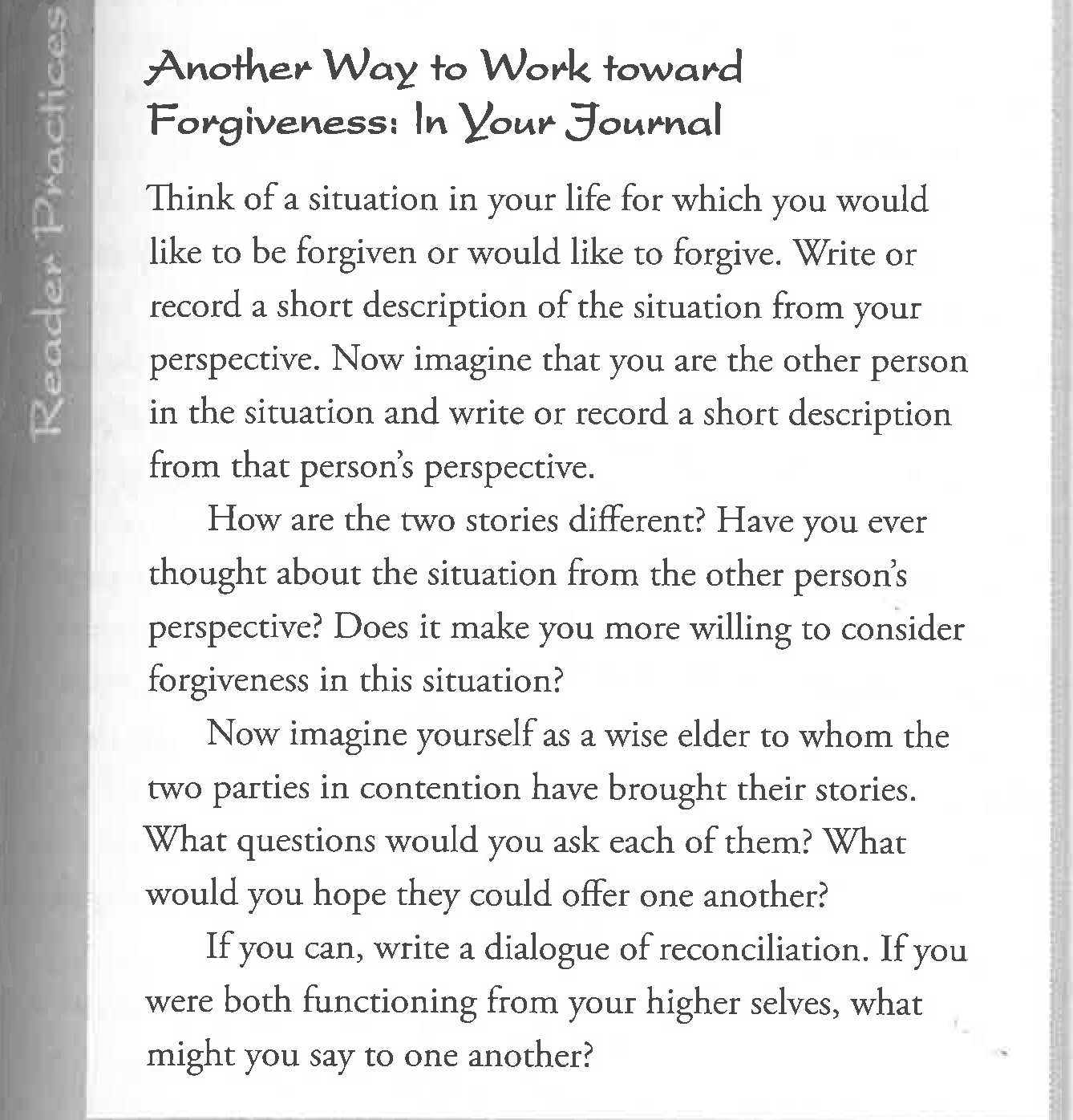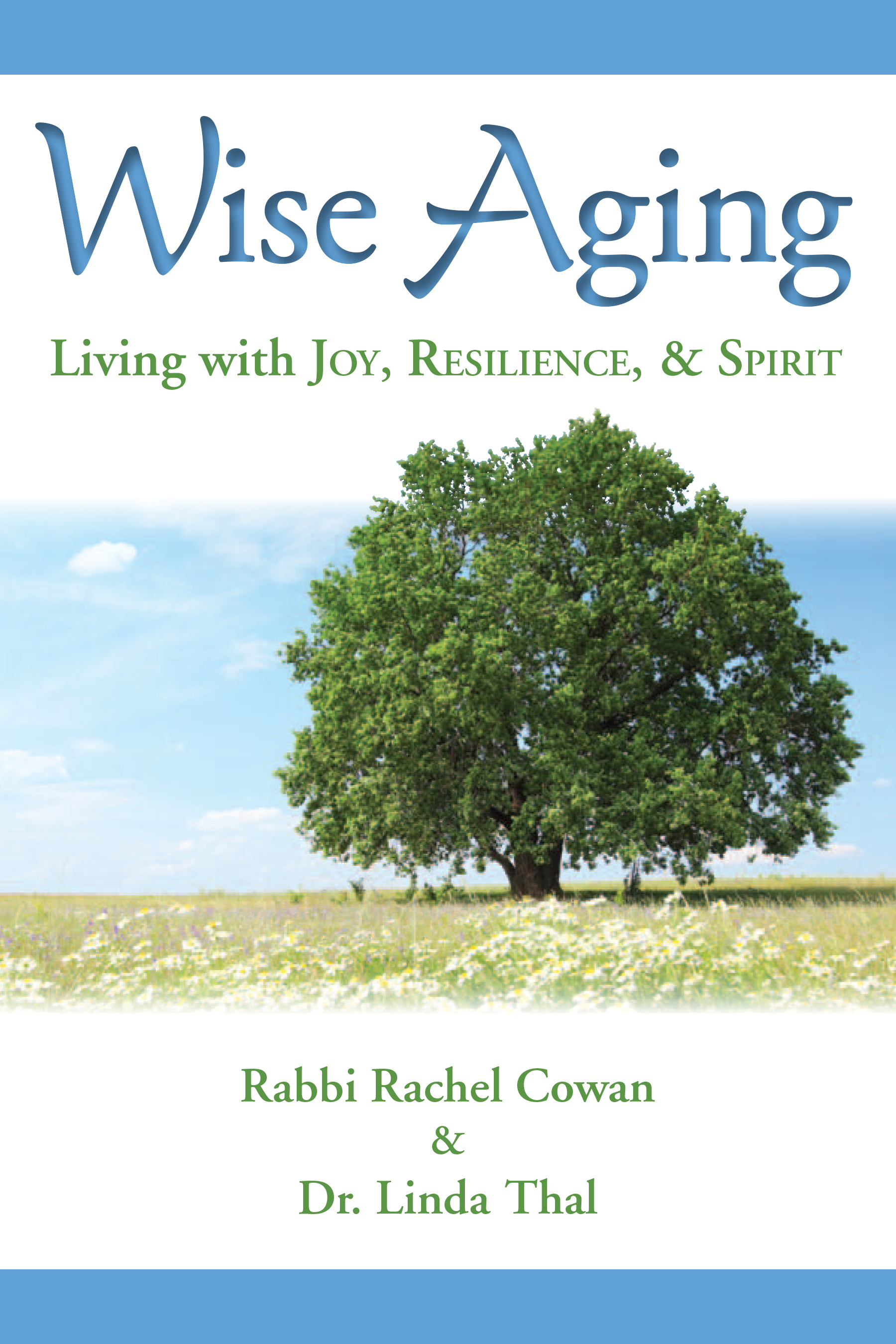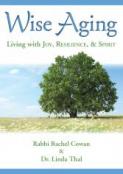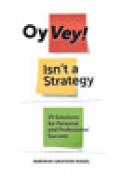- Home
- Play & Learn Home
- Online Enrichment
- Experience Modern Israel
- Israel It's Complicated
- Jewish and Me
- Jewish Holidays Jewish Values
- Jewish Values in Genesis and Jewish Values in Exodus
- Min Ha’aretz
- Our Place in the Universe
- Simply Seder
- The Prophets: Speaking Out for Justice
- Making T'filah Meaningful
- Make, Create, Celebrate
- Yom Haatzmaut Resources
- Hebrew Apps
- About The OLC
- What is the OLC?
- Introduction
- Get Started
- Resources
- OLC Content
- Parent Materials
- See My OLC Classes
- Store
'With Age Comes Wisdom': Using Wise Aging as a Guide for a Healthy Life
Written by Behrman House Staff, 16 of August, 2016
Age Wisely On-The-Go With the New Wise Aging Kindle Edition
Six Steps to Start a Wise Aging Group in Your Synagogue
Old age is often stigmatized as a frightening and isolating time. However, it doesn’t have to be imagined as negative at all. Dr. Eric Reines, a practicing geriatrician in Lynn, Massachusetts, believes wholeheartedly that aging can be a social and active experience, where people can feel fulfillment and rejuvenation.
“In my line of work, aging and dying have become medicalized when they’re really social and spiritual events. I wish I could get people’s minds off cholesterol and get them to think more about what’s really important in life — relationships,” says Reines, who is the chair of the committee on geriatric medicine of the Massachusetts Medical Society.
Reines discovered Wise Aging: Living with Joy, Resilience, & Spirit, and found that the book was different from other self-help books that he’s read in the past. “Wise Aging is profound and positive and uplifting and compassionate. I found the book personally affirming,” Reines says. “This is a nice guide for looking at aging compassionately.”
He took to Wise Aging immediately, and has been talking it up to his patients, social worker partners, and his colleagues at the Massachusetts Medical Society.
Wise Aging, published in 2015, focuses on often-ignored subjects such as relationships, romance, living with loss, cultivating well-being, and shaping a legacy. It also shifts the conversation to opportunities and tools that readers can use to live their lives more fully.
Reines, a resident of Marblehead, Massachusetts, understands the challenges of working in end-of-life care. He works for a multi-disciplinary program that serves about 800 elderly people, providing all-inclusive care to help them stay at home, including arranging house calls, providing social work, physical therapy, and psychological services.
___________________________________________________
"I wish I could get people's minds off cholesterol and get them to think more about what's really important in life." - Dr. Eric Reines
___________________________________________________________________
Reines has found a lot within the pages of Wise Aging. “I’m glad to see these issues talked about openly...I’m hoping [people] can accept themselves better and see aging as not all bad and loss. With age comes wisdom,” he says. In a way, Reines sees aging as a time of acceptance and relaxation. “Focus on what is good and positive. Let go of the junk and people pulling you down, let go of the thoughts pulling you down. You paid your dues, now enjoy life.”
Working in gerontology, Reines is aware and sensitive to the issues that have become his patients’ biggest struggles. The first struggle is guilt. “They still feel obligated to family and spouses who are really dragging them down. Parents feel obligated to their kids.” The second struggle Reines finds most often is loss. “Loss of ability, loss of friends, loss of driving, hearing, seeing — there is a lot of loss in aging. There’s anger over loss of independence.”
However, with developments both inside and outside the scientific world, the journey to accepting and living with the idea of aging is growing easier.
“There is growing scientific evidence for the value of ‘non-medical’ factors in preventing or delaying dementia, improving quality of life, and lengthening life,” says Reines. Journaling has been shown to reduce pain and disability of arthritis. Social engagement, meaningful work, physical activity, and spirituality are all important [and they] override the importance of blood pressure, weight, blood sugar, [and] cholesterol in advanced age.” Ultimately, Reines has one message that he likes to extend to his patients: “Acceptance and openness are the first steps. Everything else fits into place. The world needs more love, especially self-love.”
 From the pages of Wise Aging: Living with Joy, Resilience, & Spirit.
From the pages of Wise Aging: Living with Joy, Resilience, & Spirit.
Wise Aging is available for purchase from Behrman House and Amazon.
If you are interested in engaging in a Wise Aging program, The Institute for Jewish Spirituality has several available. Click here for a list of Wise Aging programs in your area.




